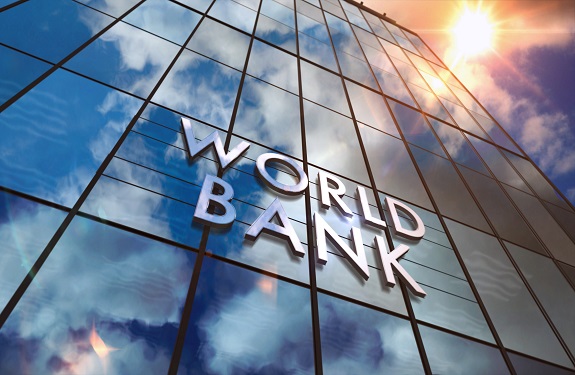The rising prices of goods in Nigeria have pushed seven million people into poverty, the World Bank has said.
This contradicted the statement by President Muhammadu Buhari on June 12 Demicracy Day that his administration has lifted 10 million people out of poverty.
However, the World Bank’s declaration tallies with the National Bureau of Statistics (NBS) latest report that inflations dropped by 0.19 percent in the month of May 2021, while there is an increased outcry among Nigerians on the high cost of basic needs of life like food, drugs and others.
In a statement in Abuja on Tuesday signed by the World Bank’s spokesperson, Mansir Nasir, the bank said: “Food prices accounted for over 60% of the total increase in inflation. Rising prices have pushed an estimated 7 million Nigerians below the poverty line in 2020 alone.”
The statement cited the latest World Bank Nigeria Development Update (NDU), titled: ‘Resilience through Reforms”.
It said while the government took measures to protect the economy against a much deeper recession, it would be essential to set policy foundations for a strong recovery.
The figure which was based on data for last year indicated that the Nigerian economy experienced a shallower contraction of -1.8 per cent than had been projected at the beginning of the COVID-19 pandemic (-3.2%) in 2020.
“Although the economy started to grow again, prices are increasing rapidly, severely impacting Nigerian households,” it stated.
The global lender advised the Nigerian government not to fail in sustaining and deepening reforms to cushion the economic downturn given the “more favourable external environment, with recovering oil prices and growth in advanced economies.”
“A failure to sustain and deepen reforms would threaten both macroeconomic sustainability and policy credibility, thereby limiting the government’s ability to address gaps in human and physical capital which is needed to attract private investment.”









